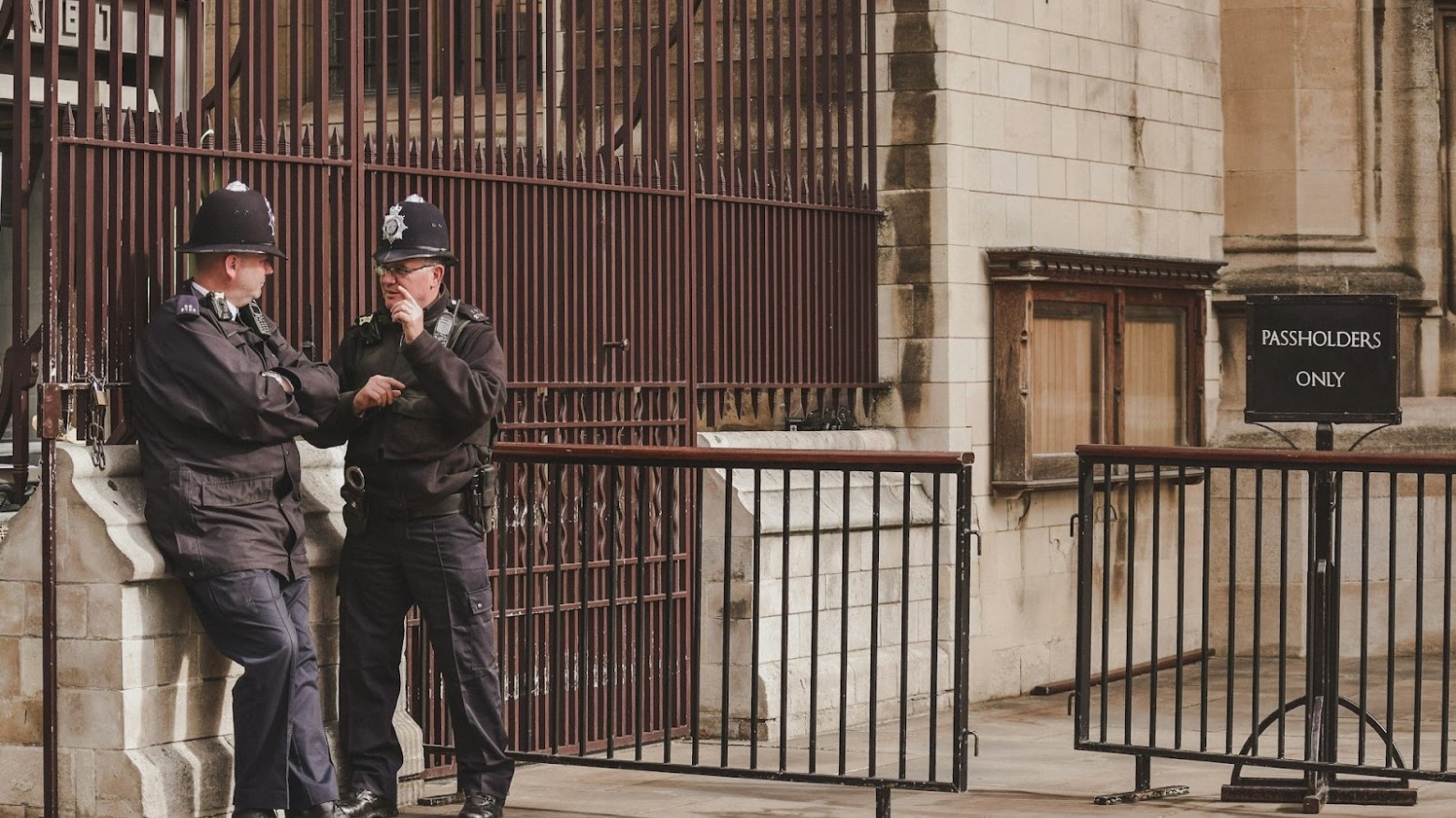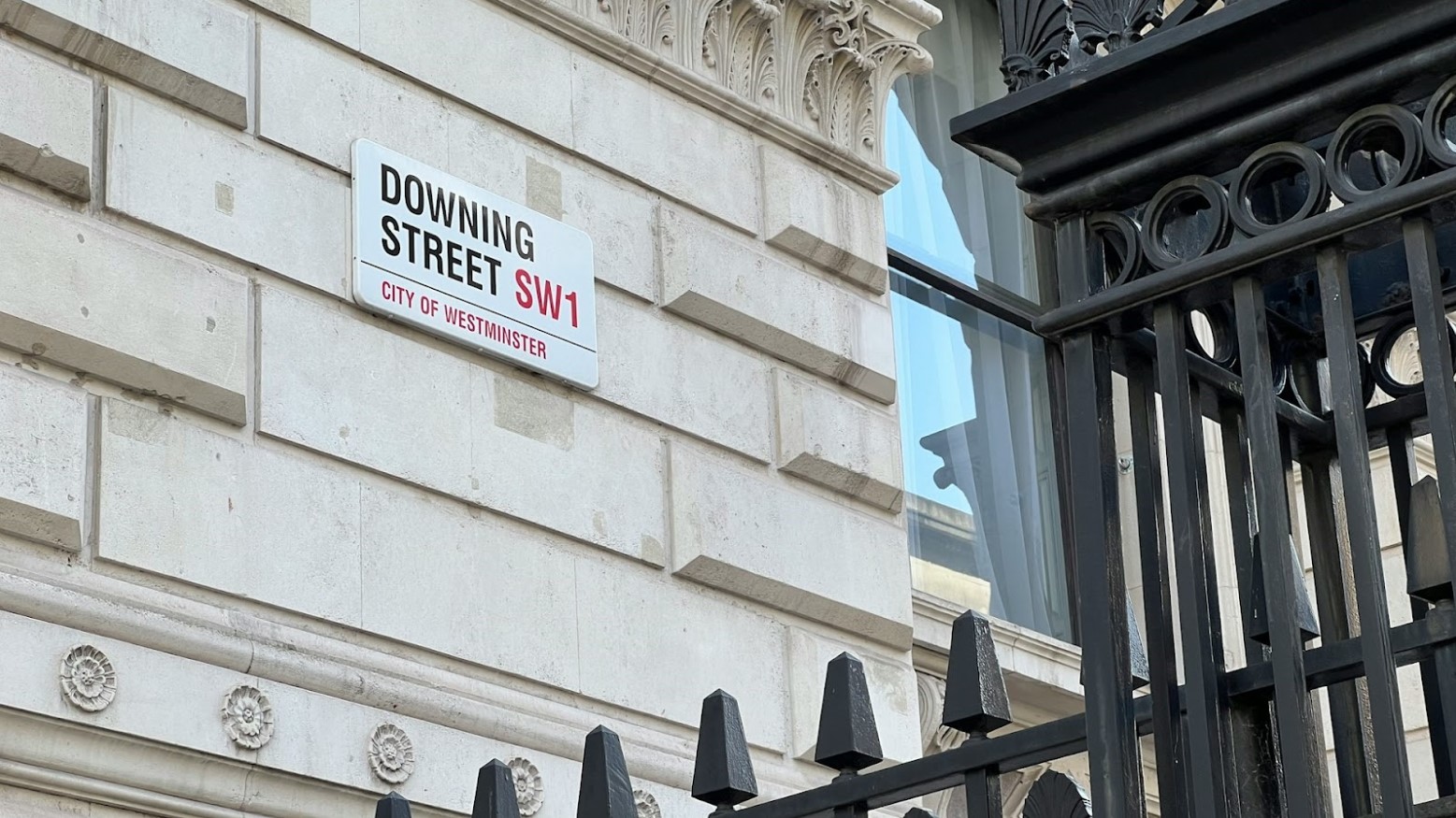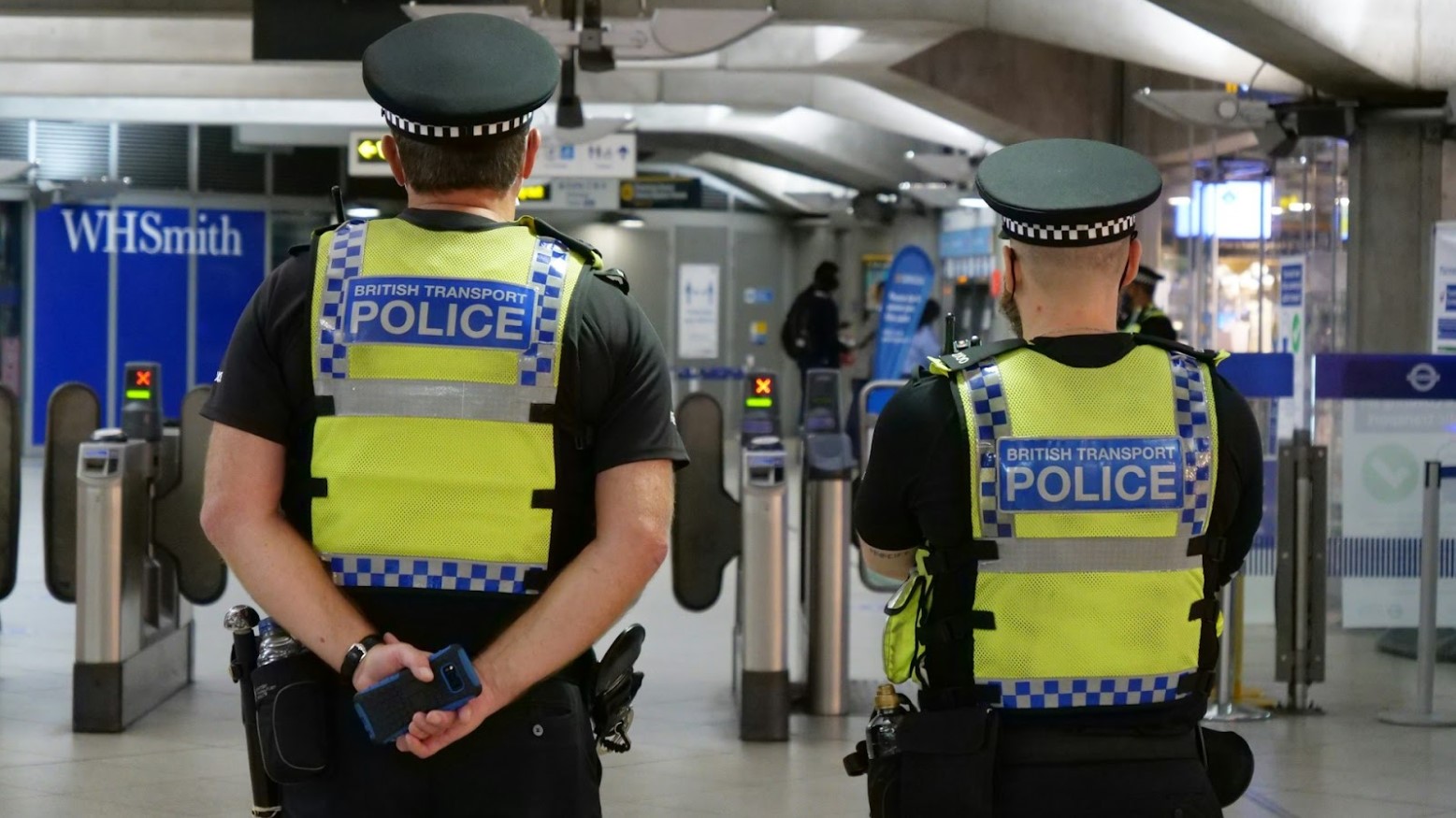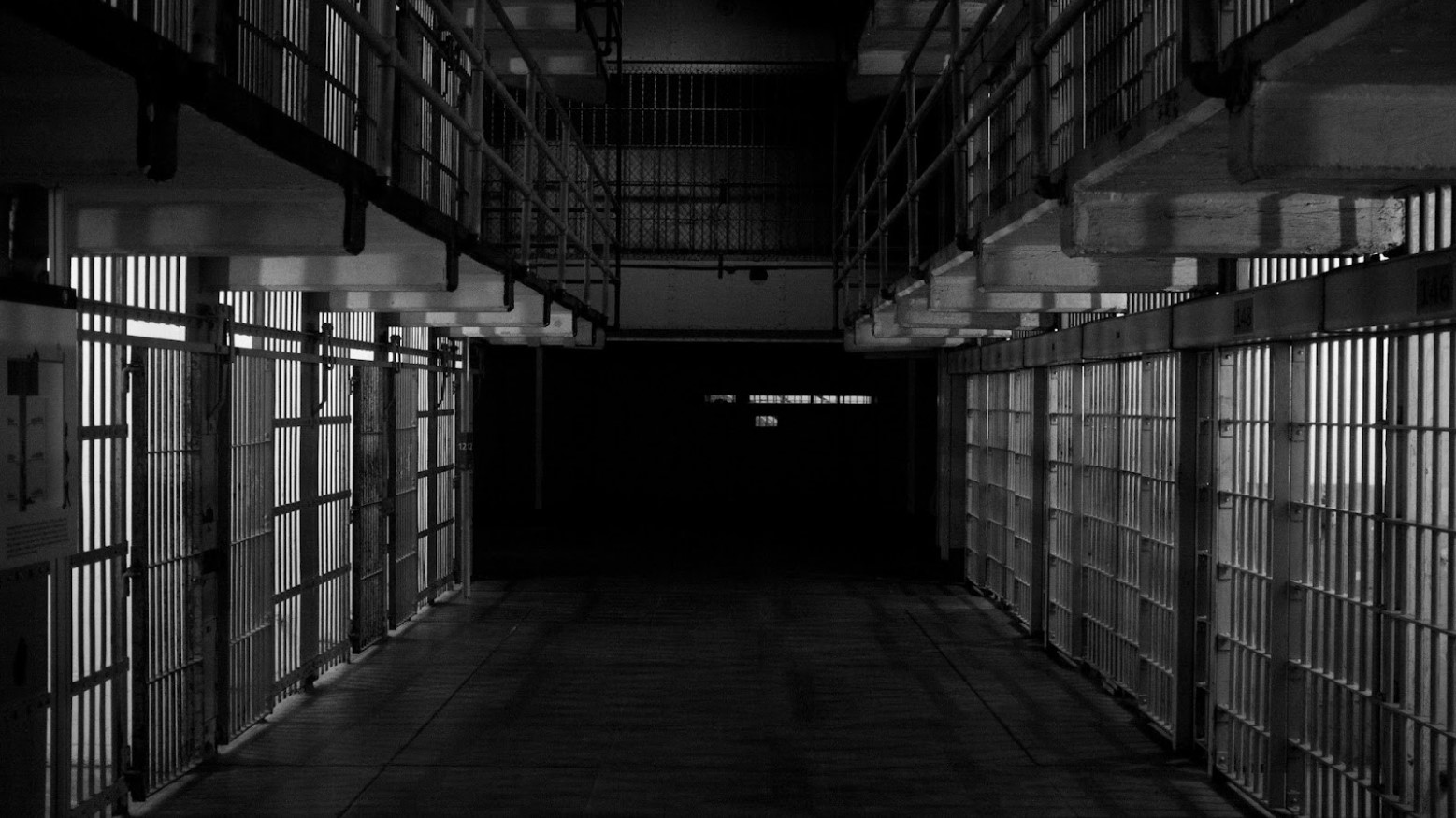The U.K. prison system is facing a crisis. Intense overcrowding sees the prison system operating at 110% capacity. The National Police Chiefs Council (NPCC) has suggested a solution that some see as strange.
They recommend that police officers should consider simply making fewer arrests due to the lack of prison space. Understandably, this suggestion has drawn criticism.
U.K. Prisons Face Record Overcrowding

The number of people behind bars in England and Wales is at a record high. The number of prison inmates has surpassed 84,000, resulting in many prisons being pushed beyond their designed capacity.
This creates several issues, like prisoners experiencing cramped and unsanitary conditions. It also has a knock-on impact on the entire criminal justice system. With a lack of available prison cells, this limits the ability of police to take criminals off the street and uphold the law. Court cases are also being delayed.
What the NPCC Is Suggesting

In a letter circulated to chief constables, the NPCC made a fairly blunt suggestion for tackling the issue — arrest fewer people.
Specifically, they recommended that chief constables consider pausing what it described as “non-priority arrests.” The letter also suggested halting any planned policing operations that could bring about a large number of arrests to ease pressure on the criminal justice system.
Maintaining Public Safety

The NPCC maintains that while they’re looking for ways to ease the pressures of prison overcrowding, public protection is still a priority.
They suggest that a proper threat, harm and risk assessment should be completed before any decisions are made regarding the halting of police operations. They assure that the police will still always arrest anyone they need to in order to keep the public safe.
The Suggestion Is Facing Criticism

The suggested move is drawing criticism from some corners, including from the Labour Party. In a statement, Labour MP and shadow justice secretary Shabana Mahmood said it “beggars belief” that police are being told to “sit on their hands and ignore crime.”
Mahmood suggests that this move is simply another indicator of how badly the Conservative government has mismanaged the criminal justice system. The government puts the prison crisis down to the impact of the pandemic and barristers’ strikes. A government spokesperson stressed that public safety will always be its first priority.
This Isn’t the Only Criticism the Government Has Faced

This isn’t the only move the government has made to tackle prison overcrowding. In October 2023, they introduced a scheme to release prisoners up to 18 days early in a bid to free up prison cells.
This early release window was bumped up to 60 days in March 2024 and 70 days in May 2024. While the scheme is designed only for prisoners close to release and excludes anyone convicted of a sexual, terrorist or serious violent offense, there are understandable concerns about the early release of offenders into the community.
Operation Early Dawn

The NPCC letter circulated to chief constables also described another government initiative to try and ease the strain on prisons — Operation Early Dawn.
Operation Early Dawn is an emergency measure allowing the delay of court cases for some criminal suspects due to prison overcrowding. Critics note that postponing court cases in this way can delay justice for victims.
Could Community Sentences Help?

One way to tackle the overcrowding of U.K. prisons is to explore alternatives to imprisonment. One such alternative is community sentences.
Sentences involving unpaid work or similar measures could be a viable alternative punishment for some offenses. For others, many feel the threat of a prison sentence is the only appropriate deterrent for potential offenders.
Is Greater Police Discretion the Answer?

Another approach could be to allow police officers greater discretion in using their powers and deciding whether or not to carry out an arrest.
If the police had the autonomy to issue fines, warnings or citations for minor, non-violent offenses as they saw fit, this could reduce the number of incarcerations. It would also free up criminal justice resources to focus on serious offenses and offenders.
Rehabilitation and Reintegration

Another crucial reform step could be to invest in offender rehabilitation programs. These programs could help tackle some of the underlying causes of criminal behavior and potentially reduce the number of offenses.
Rehabilitation pathways would also equip offenders with the skills to reintegrate into the community. This could reduce incidences of reoffending, which would help prevent future overcrowding issues.
Investing in Infrastructure

Beyond just reassessing policing policy, investing in prison infrastructure is probably a vital part of the solution to the overcrowding issue.
Expanding prison capacity and looking at alternative facilities could definitely help to alleviate overcrowding, at least in the short-to-mid term.
A Sustainable Solution Is Needed

Whatever approach is to be taken, something needs to be done. The prison system simply cannot continue to operate under the current pressures it’s facing.
There probably isn’t one single solution. Instead, a multifaceted approach may be best. By investing in infrastructure, looking at policing powers, strengthening rehabilitation programs and working in communities to tackle the root causes of crime, the U.K. might be able to work toward a sustainable, long-term solution for the issues faced by its prison system.
